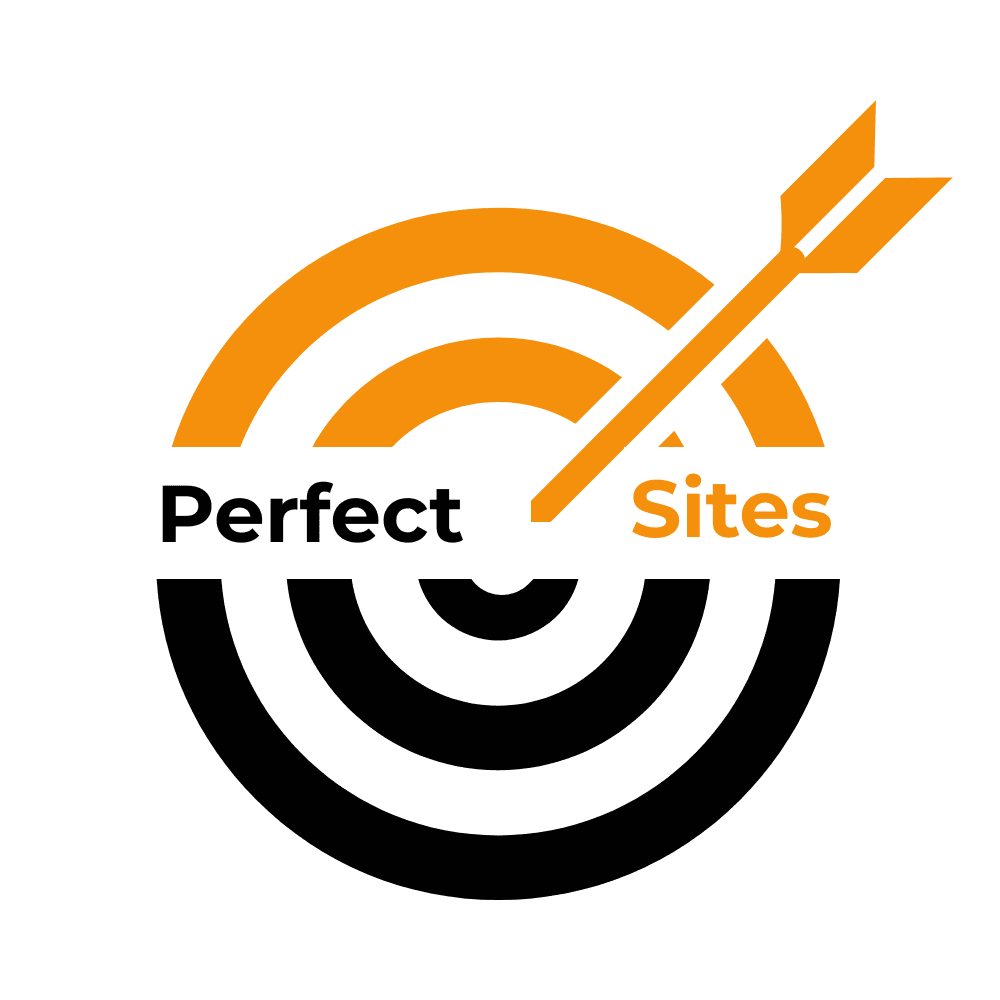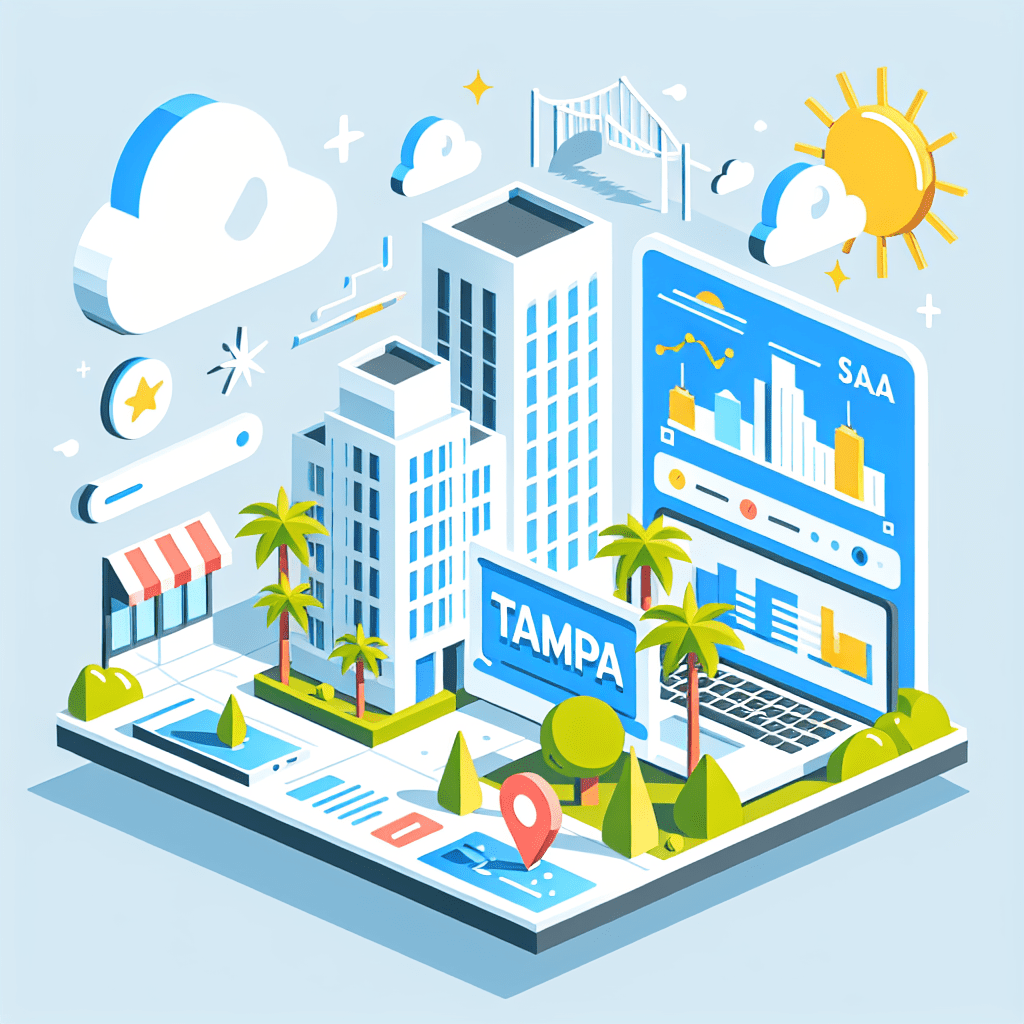Starting a business in Tampa and thinking about a new website? Let me guess. You’re picturing something sleek, maybe with a palm tree in the footer, and a big shiny “Book Now” button that practically screams confidence. That’s a good start, but building a business website that actually works in Tampa—meaning it gets found, builds trust, and converts—is a little more nuanced than dragging boxes around in a page builder.
Let’s talk about what really matters when you’re launching a site in this city.
Tampa isn’t just growing; it’s sprinting.
Tampa’s not just a beach town anymore. It’s one of Florida’s fastest-growing metro areas, and it’s pulling in everyone from fintech startups to boutique bakeries. According to the Tampa Bay Economic Development Council, the region added over 40,000 jobs in 2023. That’s a lot of new businesses, which means a lot of digital noise. If your website doesn’t speak directly to Tampa’s audiences, it might as well be whispering into the void.
So who are you talking to? Locals who expect fast service, mobile-first design, and a clear sense that you’re part of their community—not just a logo with a 813 area code slapped on it.
Local SEO isn’t optional; it’s survival.
If your site doesn’t show up when someone types “Tampa [insert your service here],” you’re invisible. Local SEO is what gets you on the map—literally. Start with a Google Business Profile, make sure your address is consistent across local directories, and use geo-specific keywords in your title tags, meta descriptions, and headers.
And don’t skip schema markup. That’s the structured data that tells Google you’re not just a business; you’re a Tampa business. Without it, you’re leaving search visibility on the table.
BrightLocal found that 93% of consumers used online searches to find a local business in the past year. That’s not a trend; that’s behavior.
Mobile traffic owns Florida; don’t ignore it.
More than 60% of web traffic in Florida comes from mobile. If your site loads slowly or looks like a jigsaw puzzle on a phone, you’re losing customers before they even see what you offer. Google’s Core Web Vitals—especially Largest Contentful Paint and Cumulative Layout Shift—are signals that affect your rankings.
Translation: if your site is clunky, Google notices, and so do your visitors.
Use tools like Google PageSpeed Insights or GTmetrix. They’ll show you where your site is lagging, literally.
Source: StatCounter
Talk like Tampa. Look like Tampa. Be from Tampa.
People want to know you’re local. Not in a “we ship to Tampa” kind of way, but in a “we sponsor the Gasparilla parade” kind of way. Show off your Tampa roots. Use real photos from the area. Mention neighborhoods like Seminole Heights or Westchase. Highlight local partnerships or testimonials.
This kind of content builds trust. And trust is currency. It also helps with Google’s E-E-A-T guidelines: Experience, Expertise, Authoritativeness, and Trustworthiness. Basically, Google wants to know you’re legit. So do your customers.
Learn more about E-E-A-T on Google Search Central.
Don’t just build a site; build a path.
Your site should guide people toward action. That might be a phone call, a booking, a quote request, or a newsletter signup. Whatever it is, make it obvious. Use sticky headers, clear calls to action, and trust signals like reviews or local awards.
And test it. A/B testing isn’t just for big companies. Try out different headlines or layouts and see what works best for Tampa audiences. Sometimes a button that says “Get Started” performs better than “Book Now.” Sometimes it doesn’t. But you won’t know unless you test.
Accessibility isn’t optional anymore.
Florida businesses are catching lawsuits left and right over ADA compliance. Your site needs to be accessible to everyone, including people with disabilities. That means meeting WCAG 2.1 standards. Use tools like WAVE to audit your site and fix what’s broken.
Also, don’t forget about data privacy. Florida’s Digital Bill of Rights means you need to be transparent about how you handle customer data. That includes having a privacy policy that actually says something—not just a generic template buried in the footer.
Work with people who know the turf.
Here’s the thing. You could hire a big national agency. But they’re not walking through Hyde Park Village or grabbing Cuban sandwiches on Kennedy. A local agency—like, say, Perfect Sites—knows how Tampa works. We know the neighborhoods, the search trends, the legal quirks, and the way people here make decisions.
That kind of local insight? It’s hard to fake. And when you’re building a site meant to grow your business, you don’t want to fake anything.
So yeah, a new business website in Tampa isn’t just a milestone; it’s your storefront. It’s your sales pitch. It’s your customer service rep. It’s your brand ambassador. Build it like you mean it.
That’s the view from the ground.
We’ll be back soon with more real-world insights.
Until then, keep building.
– Perfect Sites Blog

